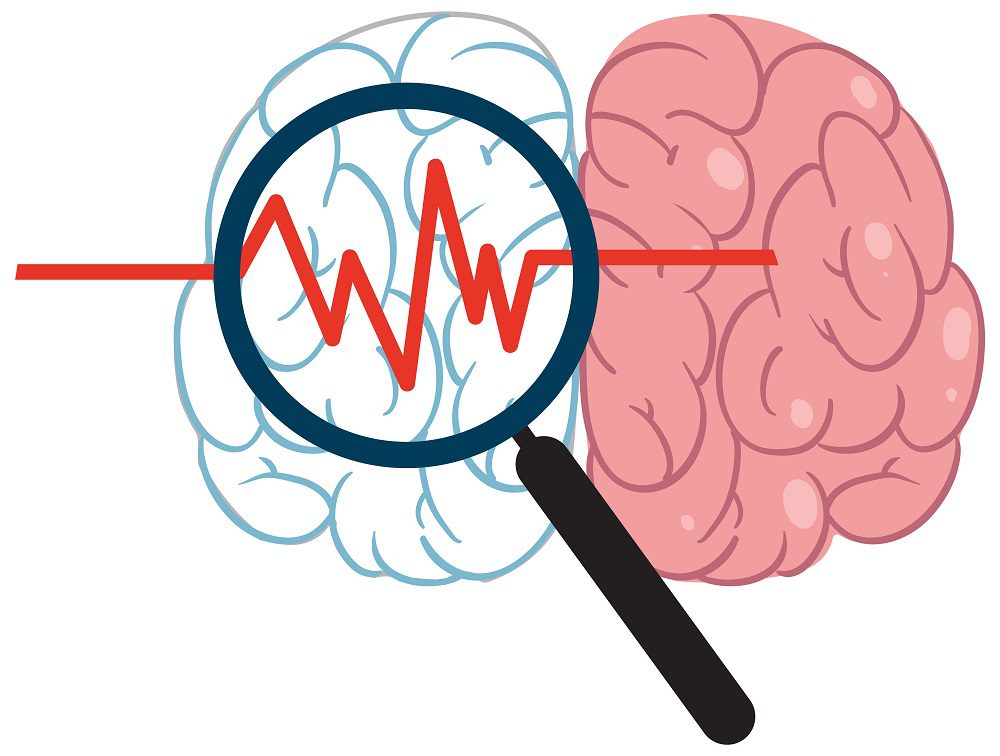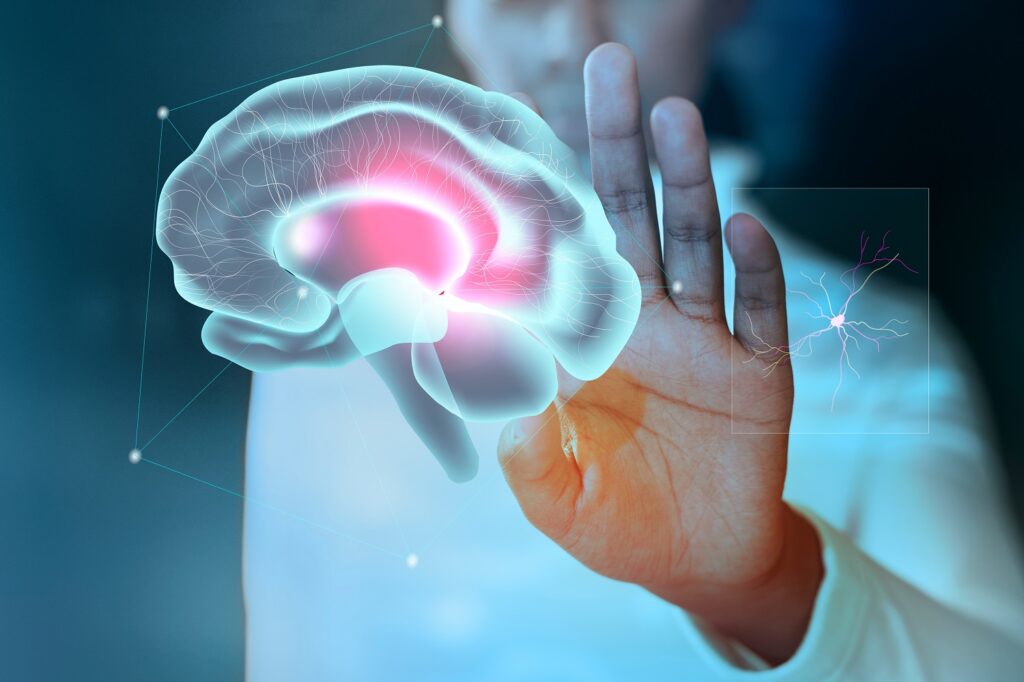Mental illness is an important global health concern, with depression affecting nearly 322 million people worldwide.
Studies on the comorbidity of TB and depression reveal a significant correlation between depression and poor adherence to TB treatment, as well as higher rates of treatment failure, development of antimicrobial resistance, and higher mortality rates
TB infection causes chronic inflammation, releasing pro-inflammatory cytokines that activate brain enzymes, such as indoleamine 2, and 3-dioxygenase, that degrade tryptophan and thereby limit serotonin production. Anti-tuberculosis medications may also play a role in psychiatric disease: isoniazid alters serotonin uptake and high doses of ethambutol have been associated with depression.















